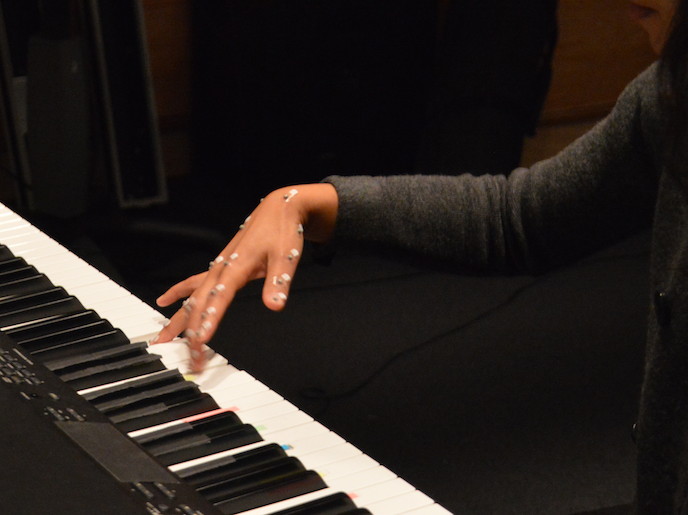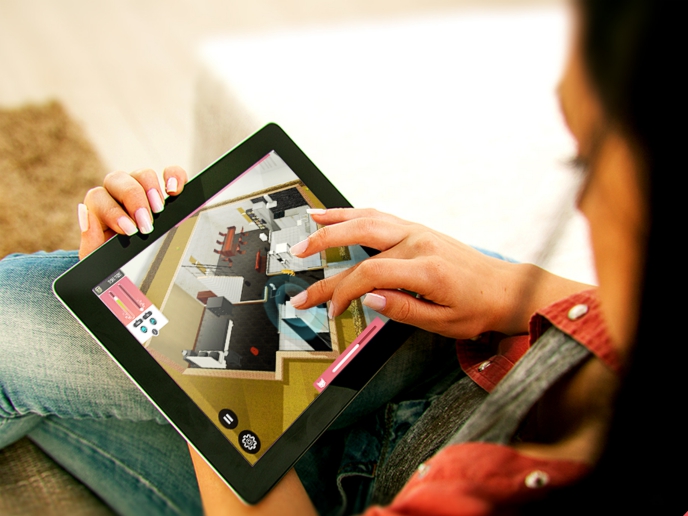Advanced spatial presence methodology
In previous research, certain aspects of presence have been neglected. In light of this, the MEC (Presence: Measurement, Effects, Conditions) project had set out to advance presence research methodology and investigate interactive and immersive educational media and psychological determinants of presence. Among the project's goals was the comparison of various methodologies which are able to measure presence experiences using a psychology-based theoretical model. Additionally, it employed questionnaires, think-aloud, distraction-paradigm, eye-movement recordings and functional magnetic resonance imaging (fMRI) methodologies in various media settings. A third goal was to examine the influence of motivational dispositions and skills of users on presence experiences. The findings are considered to further fundamental and applied presence research significantly. For example, they can inspire reflection on the dependence of research results obtained with different methods. The findings can also infer suggestions for the appropriate method's selection for different research questions, media stimuli and study participants. Additionally, practical knowledge can be gathered regarding the application of common methods to successfully assess presence in the future. In order to reach its goal, MEC had engaged a systematic experimental cross-media research program. It focused on controlling numerous factors that are external to measurement questions. A standardized questionnaire served as a crucial measure of Spatial Presence (MEC-SPQ) canvassing various concepts that the model addresses. A total of 290 students from the United States, Portugal, Finland participated in the investigations.







